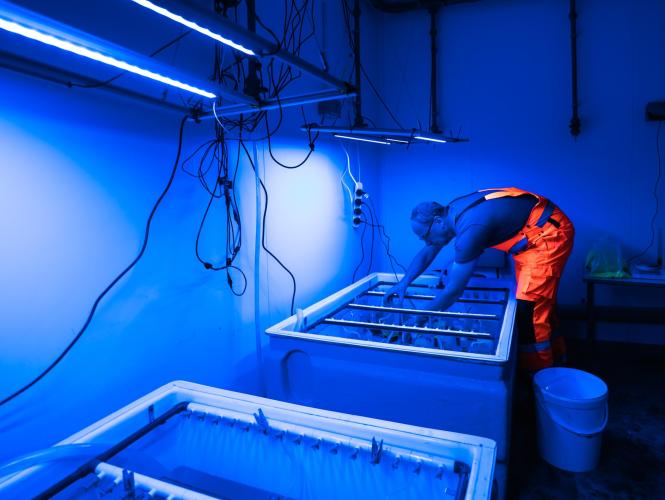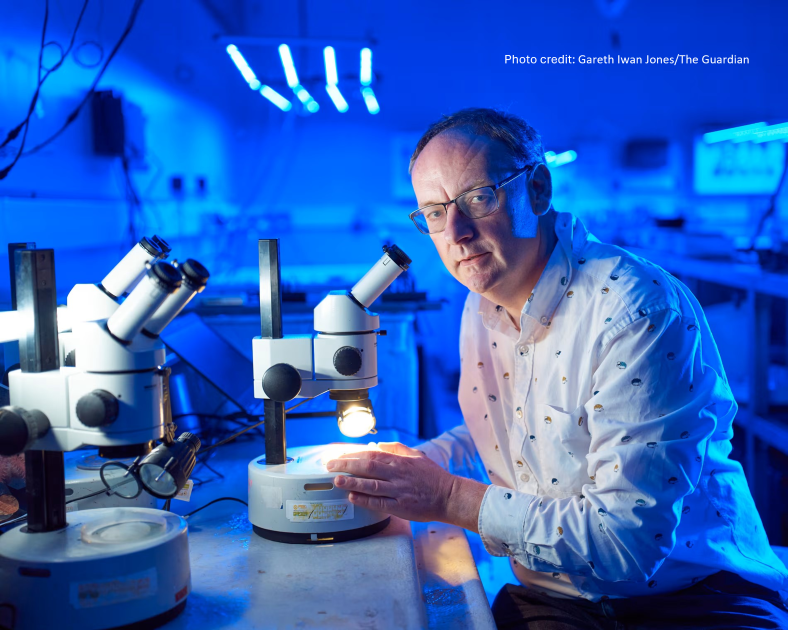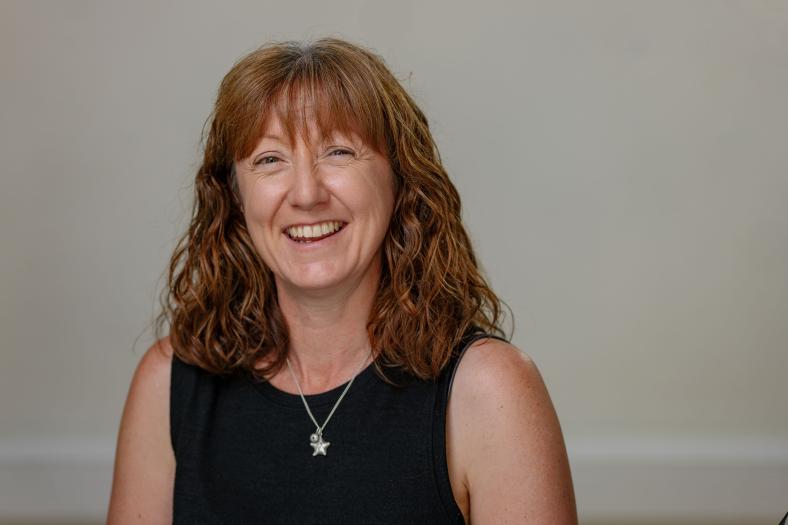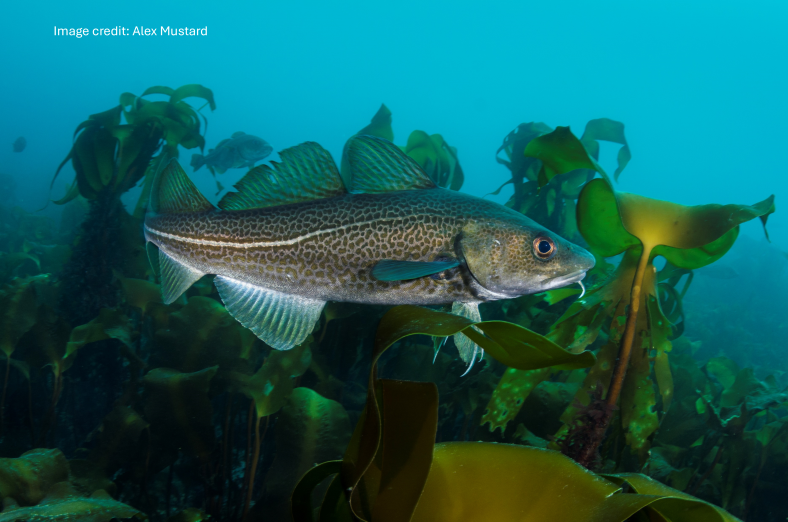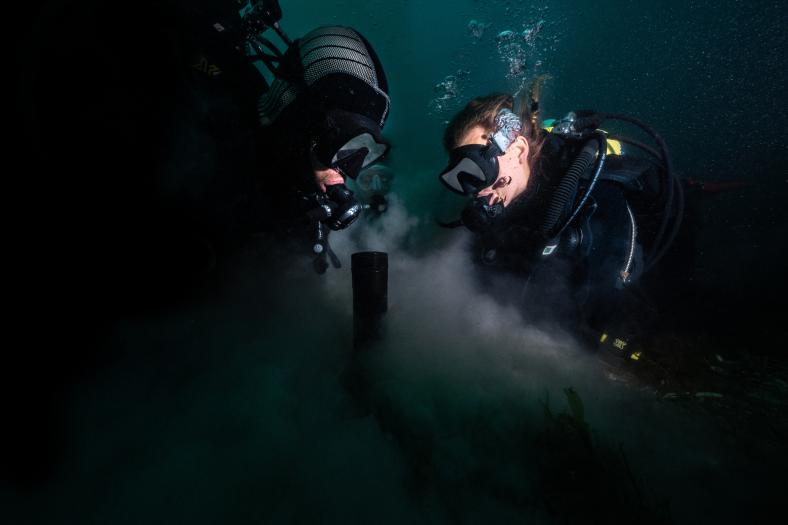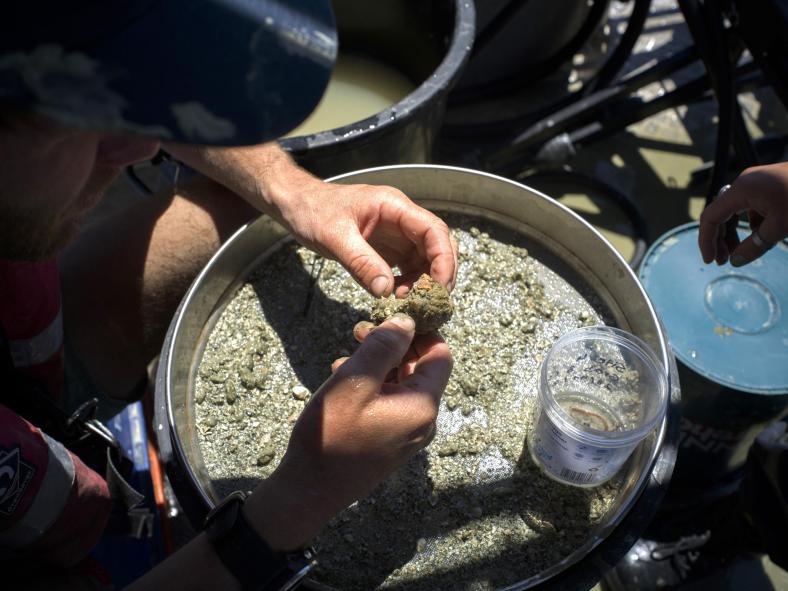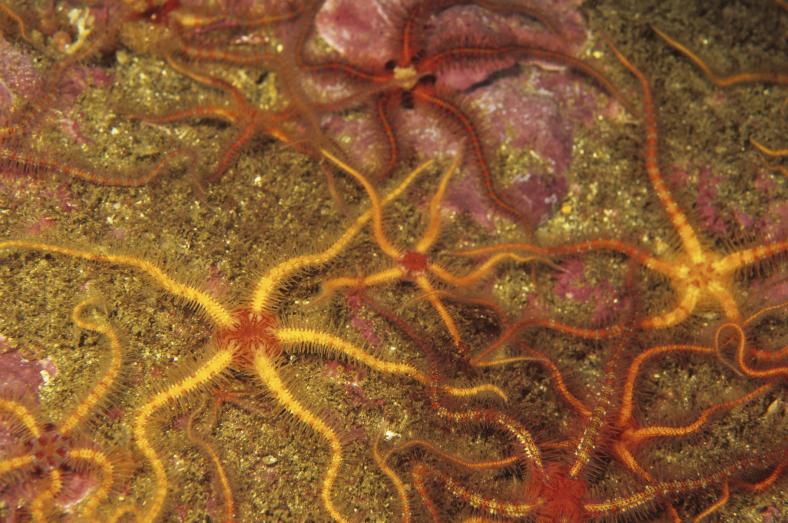Marine Life
The role of life and biodiversity on seascape carbon stores and benefits of protection
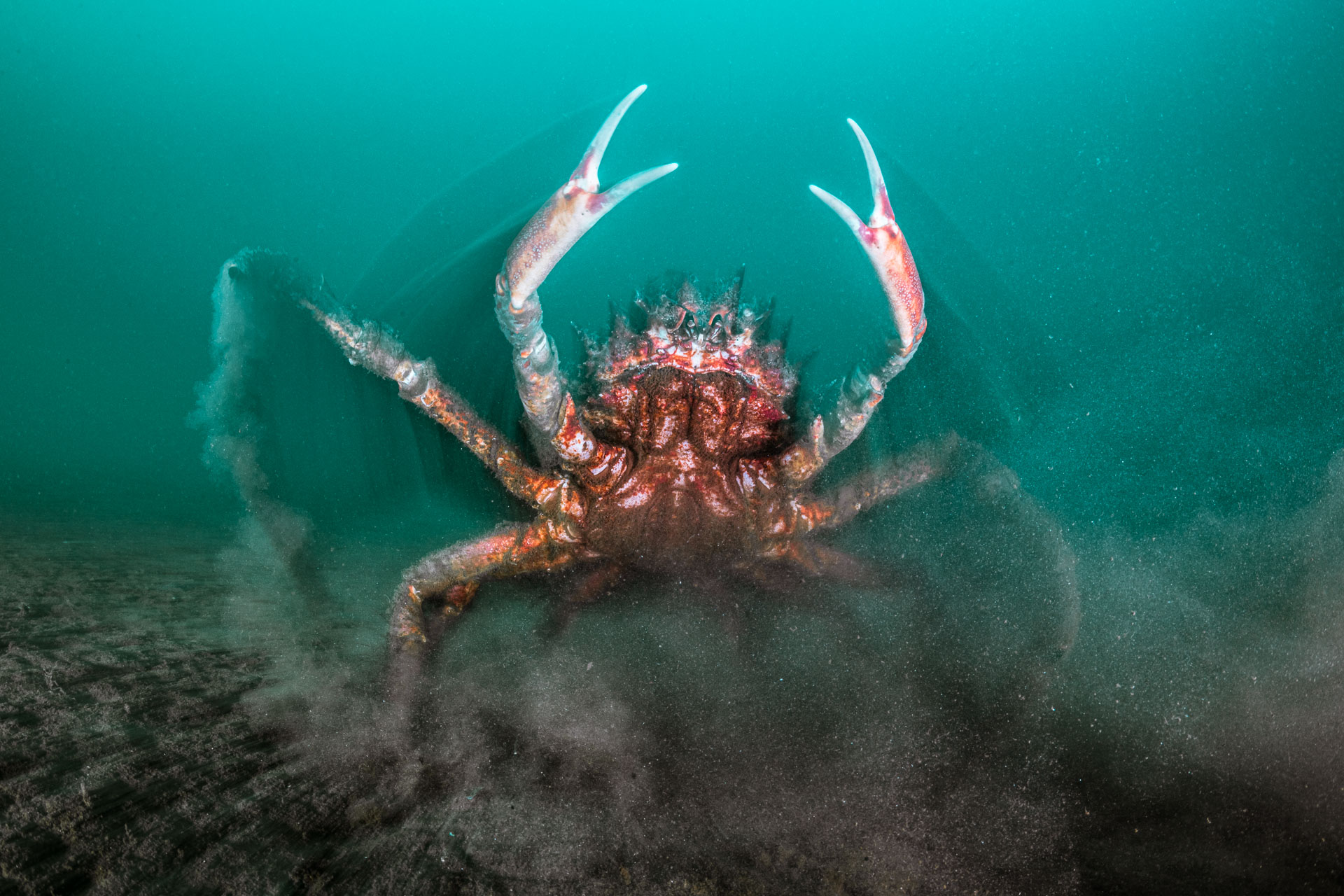
Our Approach
We will study and monitor the effects of protection from seabed-disturbing human influences on wildlife and habitats at multiple representative locations worldwide. We will measure how long it takes for marine life and carbon capture and burial to recover following protection, and quantify the complementary benefits of protected areas to wildlife and people in terms of ecosystem services, economic benefit and increased human wellbeing.
Collecting Ecological Data
We are deploying Baited-remote Underwater Videos (BRUVs) to record fish species and abundance, and Remotely Operated Vehicles (ROVs) to record video transects capturing the surface-living epifauna communities, and sediment grabs to record the infaunal benthic invertebrates living in the top 15 cm of sediment.
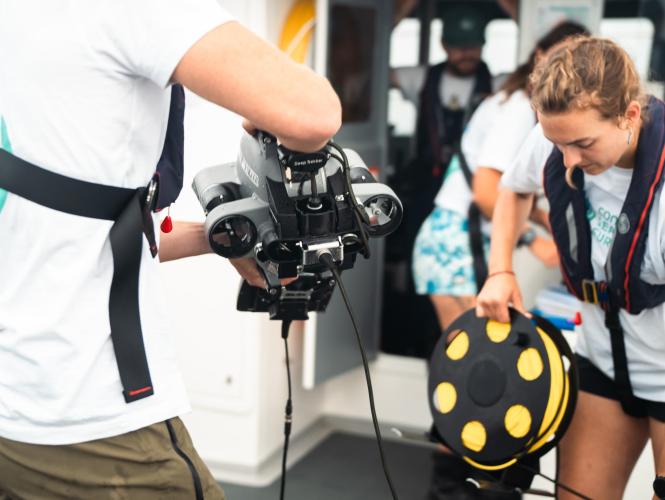
Conducting Oceanographic Sampling
We are collecting sediment cores, so that we can compare our new ecological data with the carbon content of the relevant sediments.
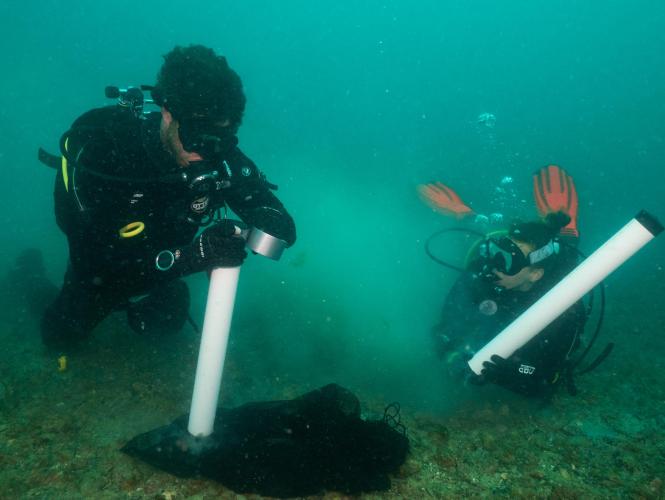
Performing Laboratory Mesocosm Experiments
We are exploring the role of benthic species in carbon flux through laboratory mesocosm experiments. By linking biological traits to nutrient cycling, we aim to extrapolate bioturbation for all species in the UK and establish whether sites with high levels of bioturbation co-occur in areas rich with carbon stores.
